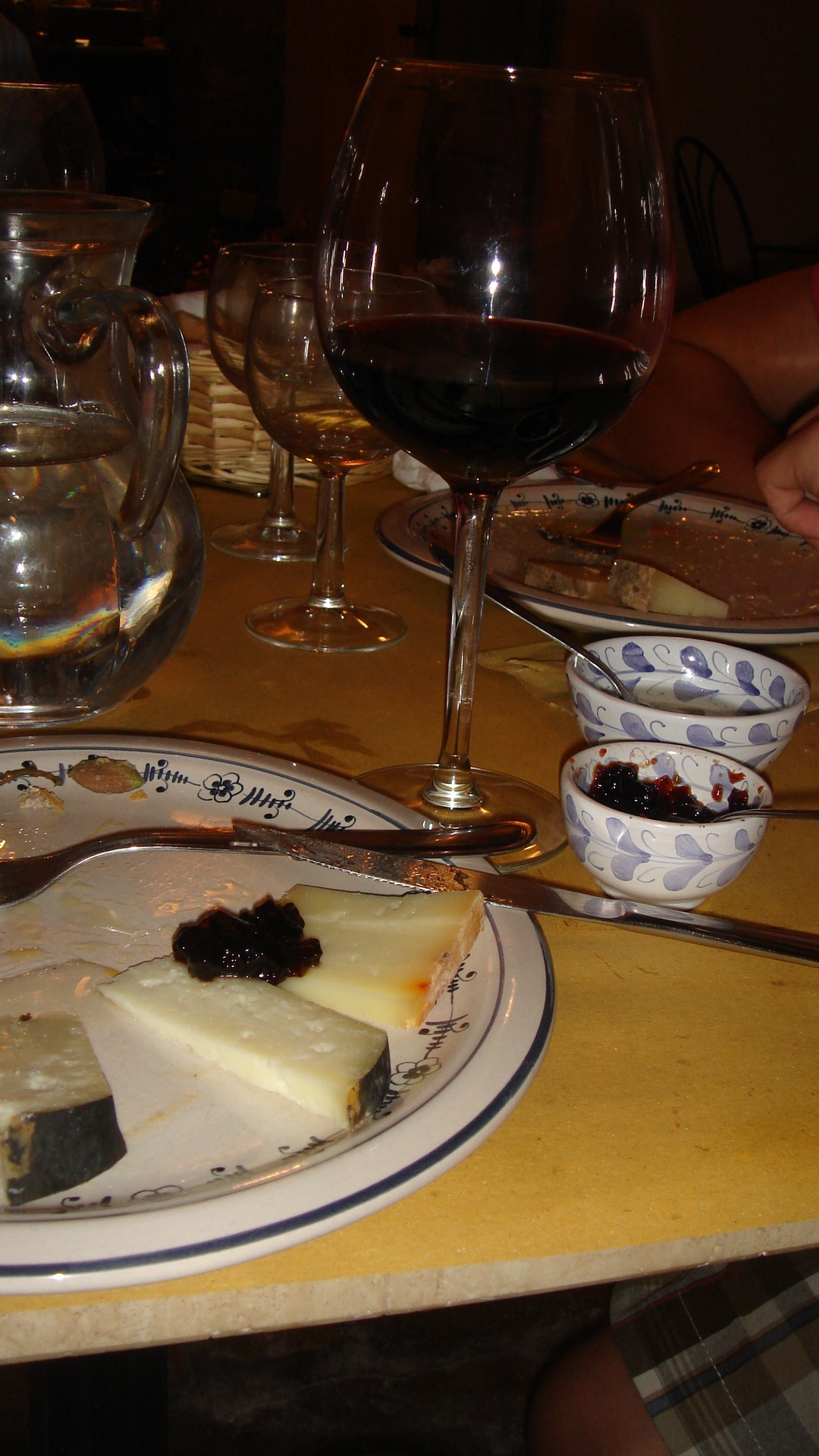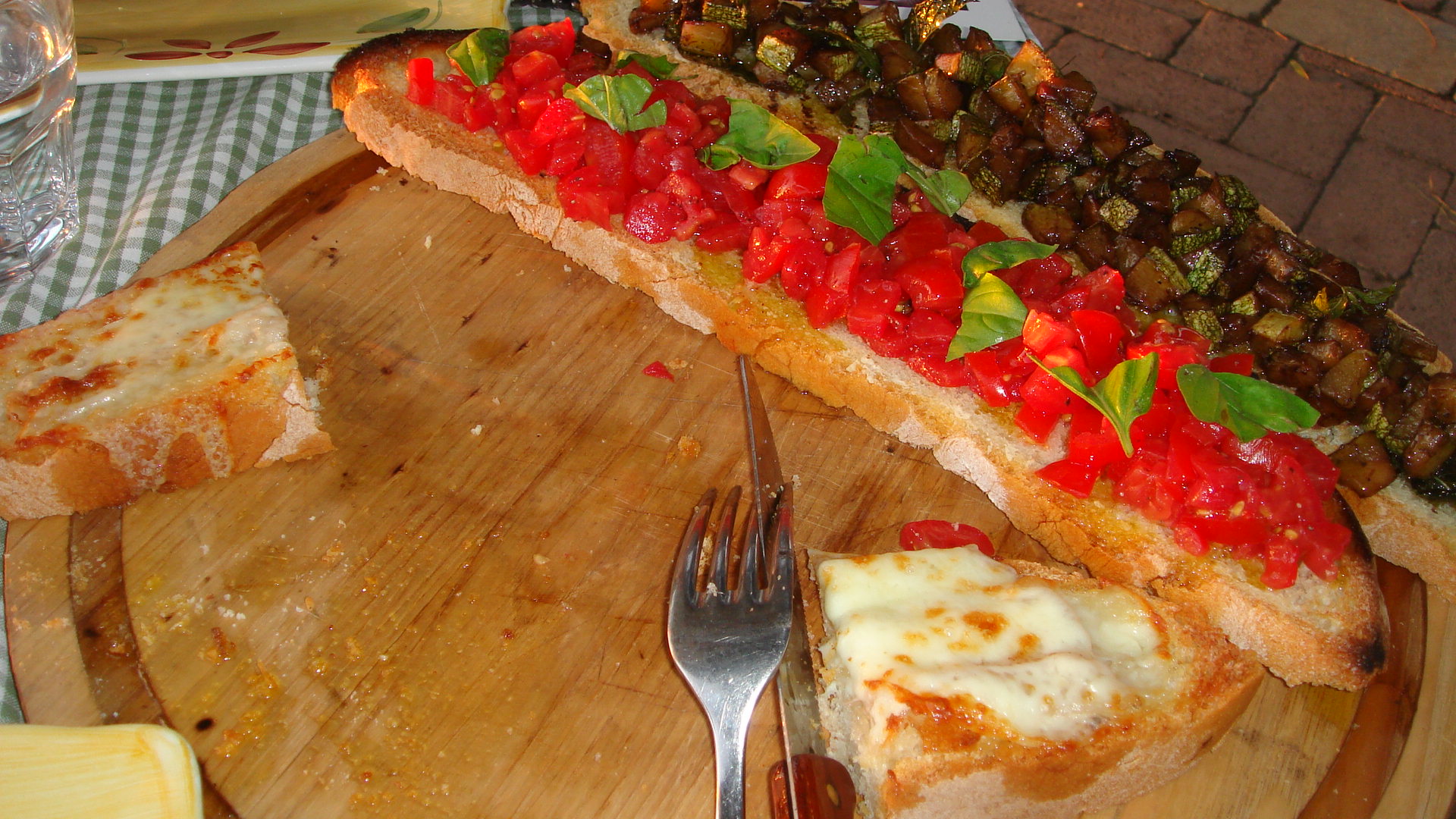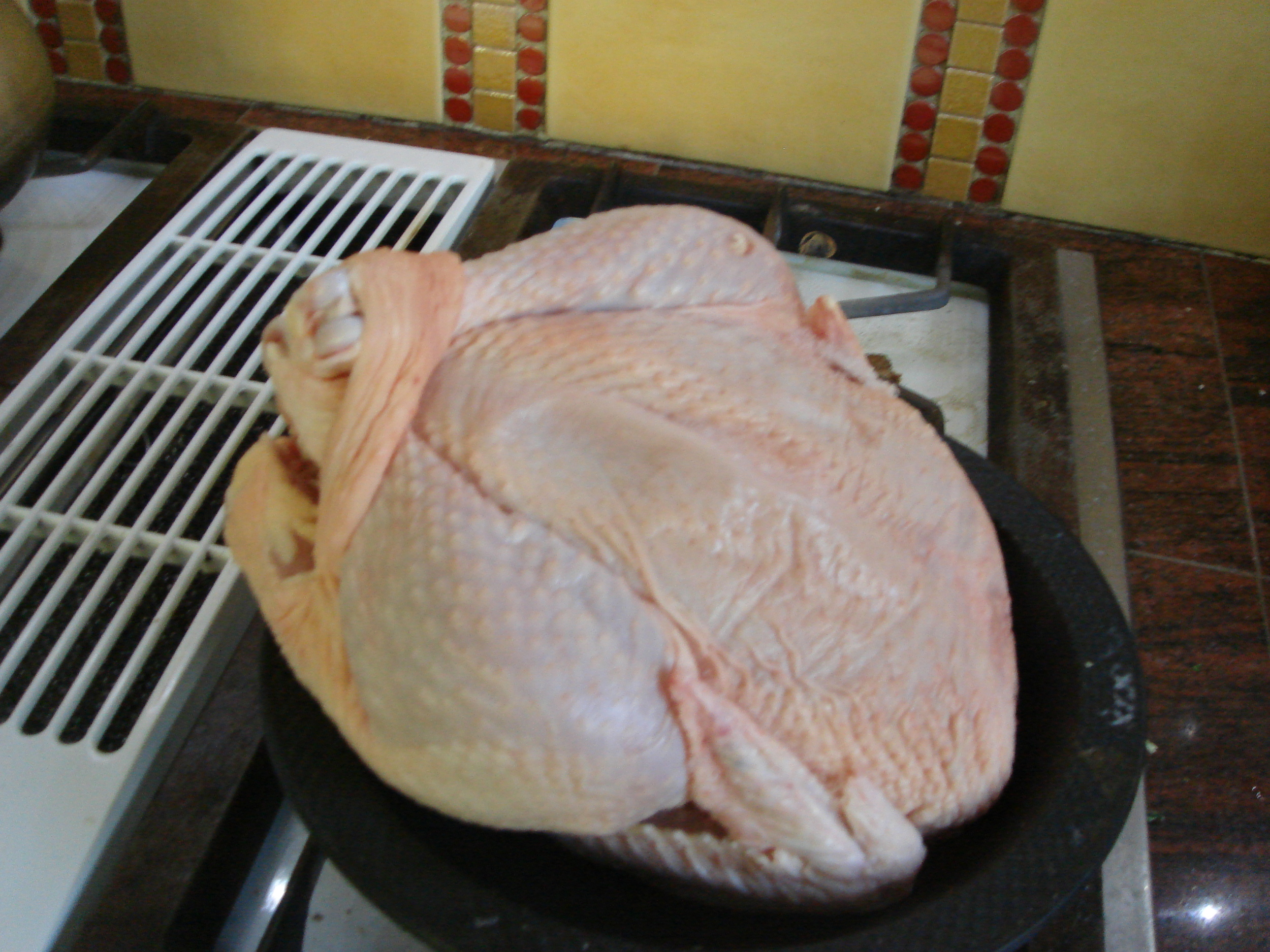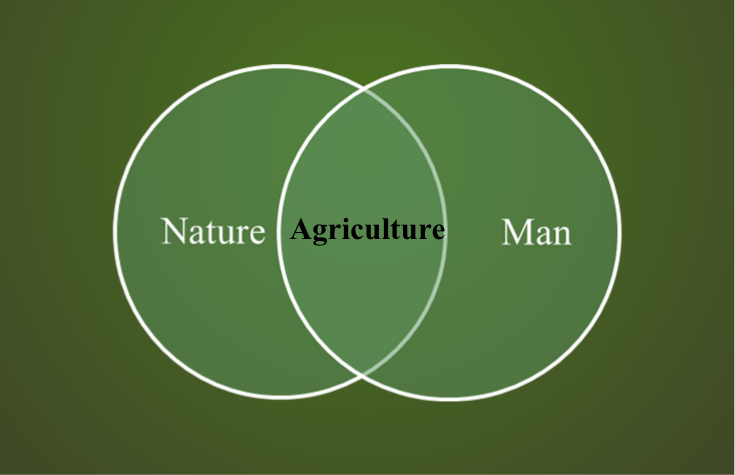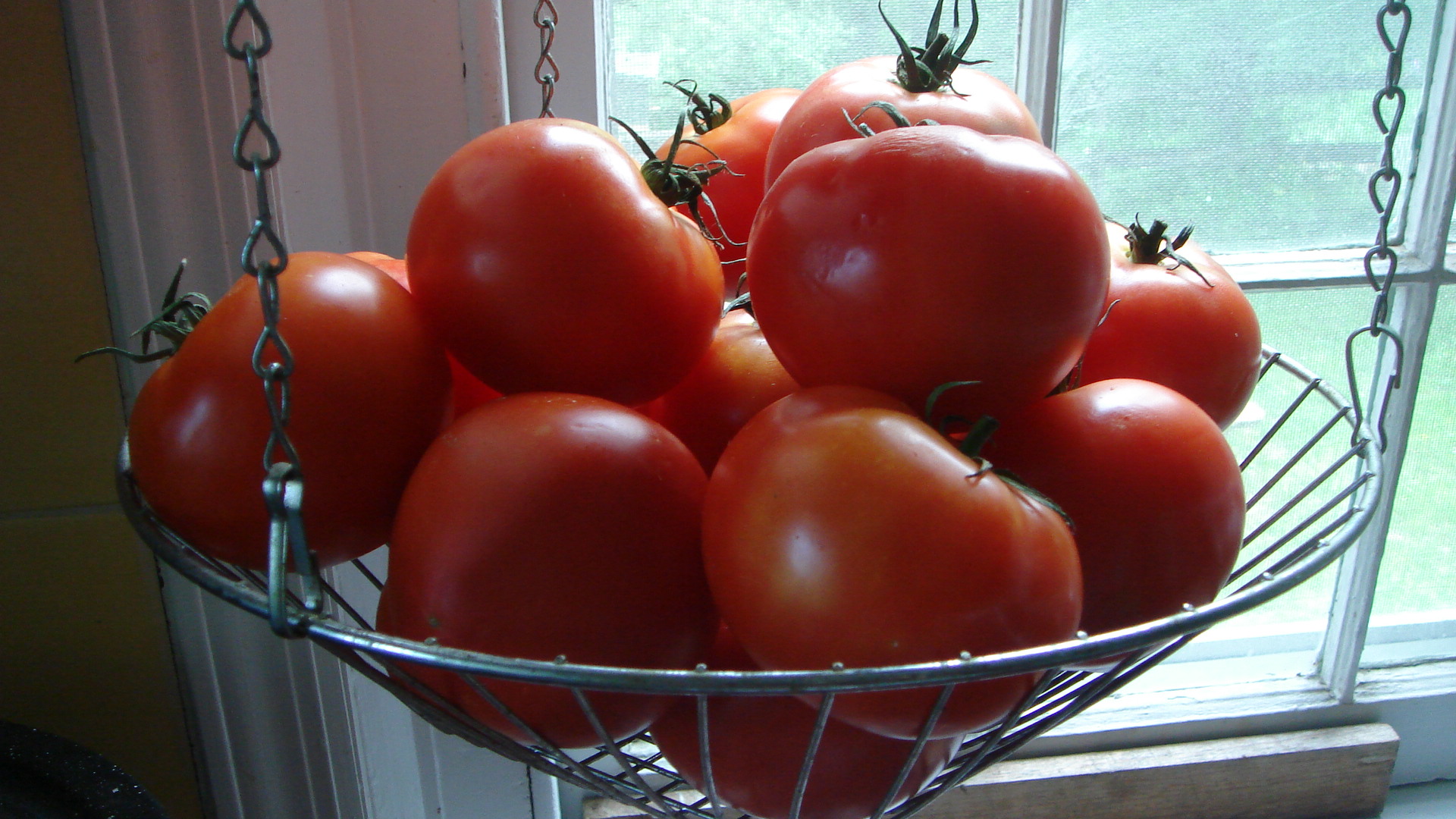Looks like the mainstream is coming around to the fact that microorganisms are not only all around us but also all over our insides, and that that's not necessarily a bad thing (see Michael Pollan's recent article). As a matter-of-fact, we are realizing now that bacteria are necessary to our gut health and a strong immune system. So, antibacterial soaps and wipes and sprays weaken our immune systems because the lack of bacteria oversensitizes the body and removes the chance to interact with our environment; and doctors are becoming much more cautious in prescribing antibiotics for human consumption (now we just need the meat industry to come on board and stop feeding the animals preventative antibiotics, trace elements of which remain in the meat, and which also end up in the water cycle, so ultimately this practice bites us in the behind). The few times I was treated with antibiotics as a child our pediatrician stressed the importance of eating yogurt every day to replenish the gut bacteria destroyed by the antibiotics. You may have read of the newest treatment for intestinal inflammations: fecal bacteriotherapy, the deliberate injection of fecal bacteria from a healthy person to replenish a sick person's gut bacteria.
Turns out that most cultures have traditions of fermenting foods, foods that "turn" and develop lactobacteria, and when eaten regularly, keep replenishing our gut fauna naturally, foods and drinks such as yogurt and kefir, cheese, Sauerkraut and Kimchi, pickled vegetables (not made with vinegar but naturally fermented), beer and wine, cured sausage, sourdough bread and so on. Consult Sally Fallons' anti establishment cookbook Nourishing Traditions on really easy recipes for fermented vegetables, as well as the new fermented food bible The Art of Fermentation from Sandor Ellix Katz.
Also refer to my recent post on loving your germs for a different facet of the same issue, and keep eating (raw milk!) cheeses, cultured butter, and all those other delicious fermented foods.

